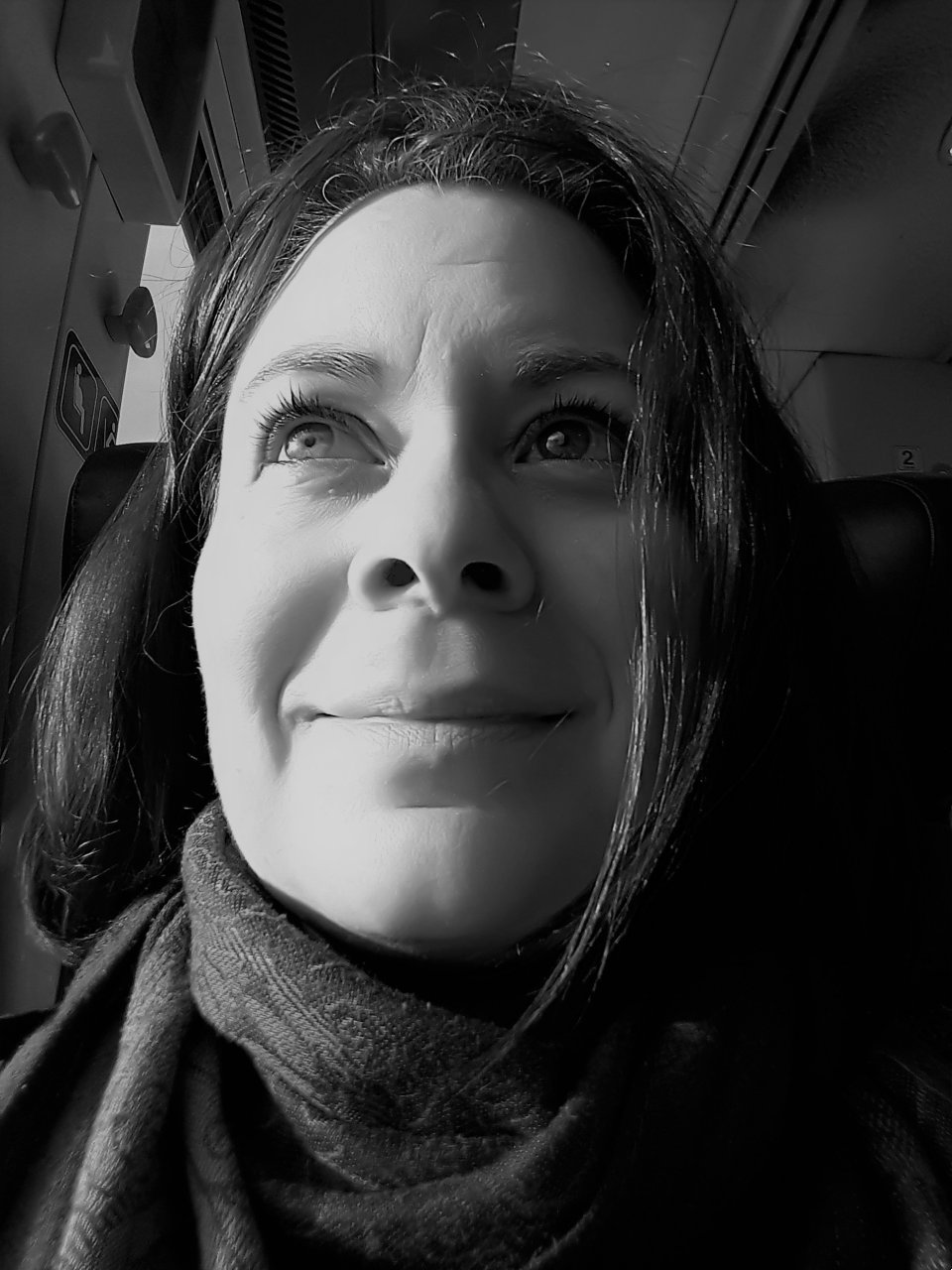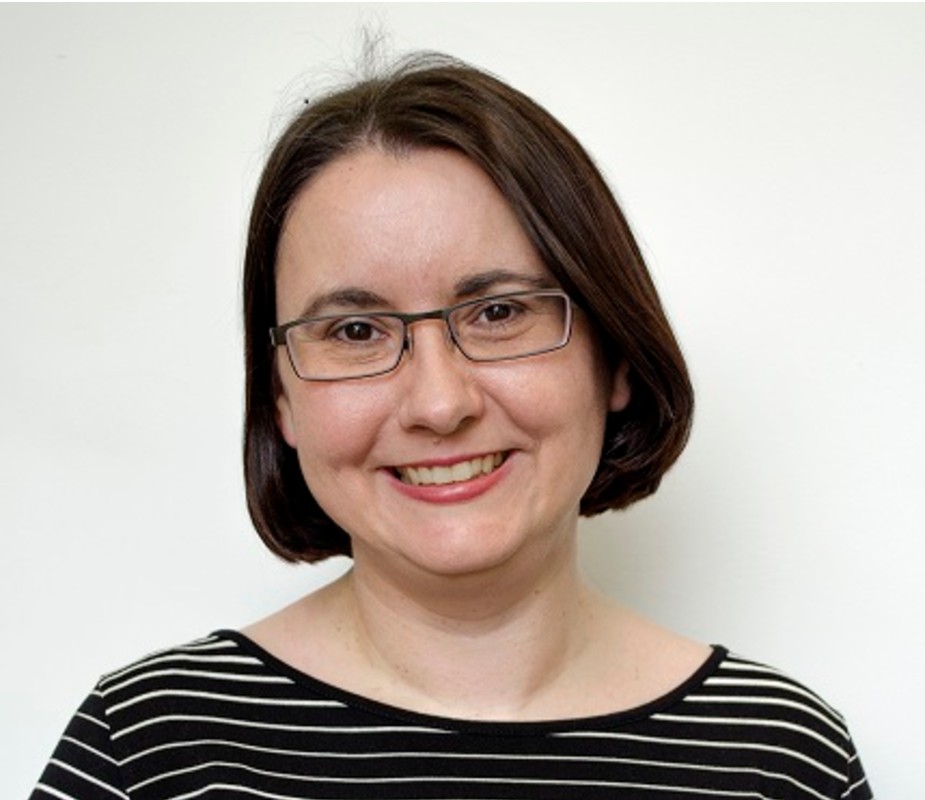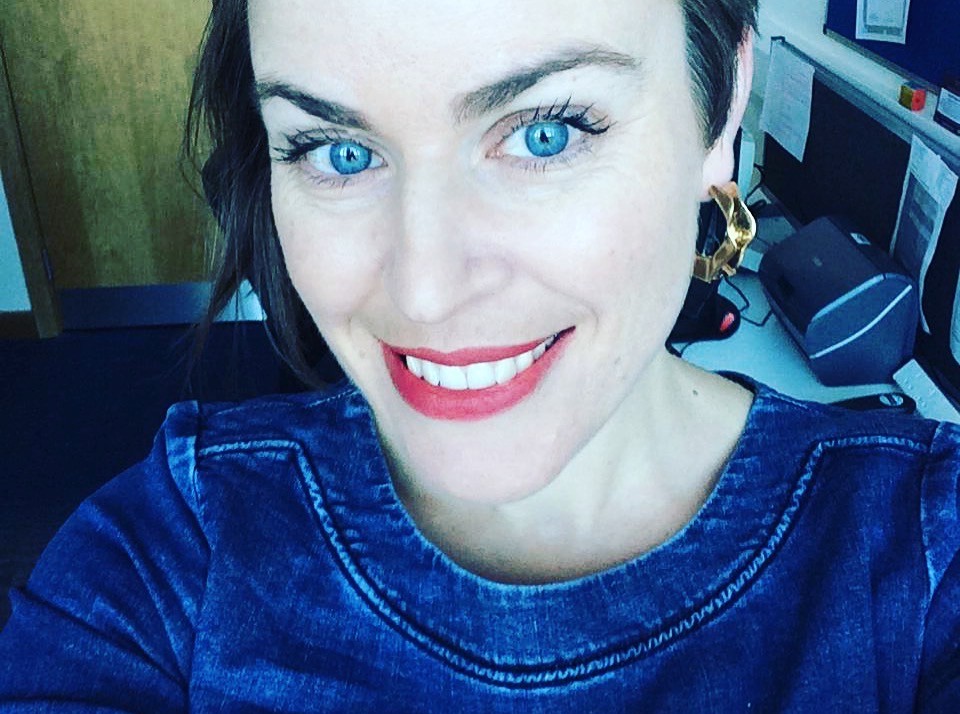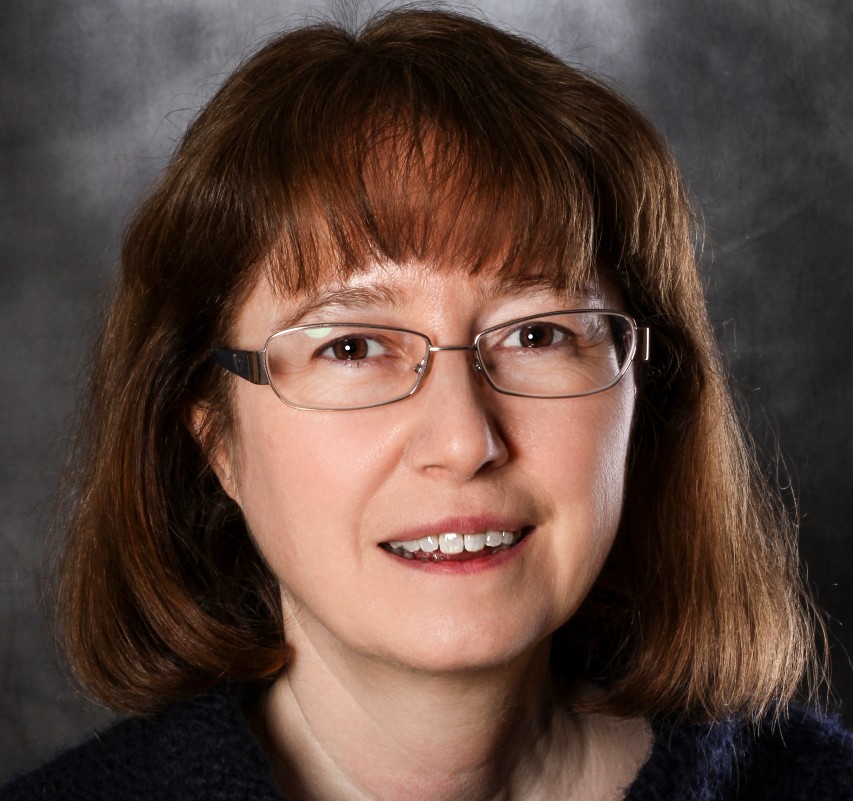Our Feelings, Emotions, Affects Research Group (FAE) is currently under development. Group Lead Dr Lindsey Dodd is an internationally and nationally recognised expert in the theory and practice of oral history and the history of childhood. Her research interests include children’s lives in war and post-war memorial practices, including Holocaust memory, traumatic memory and transactive memory. Her current work integrates ideas from affect studies into the practice of history, and she is building research momentum around the emotions of history and how they circulate across societies. She is an international associate on the French ANR-funded project RUINES, which brings together six French universities to analyse the political, cultural and commemorative usages of war ruins across Europe. With Jodie Matthews (English Subject Area), she is developing an interdisciplinary, cross-sectoral project with the working title Affective Knowledge in Action to investigate the capacity of affective knowledge to respond to contemporary challenges. Her new monograph (due by 2022), Feeling Memory: Remembering Wartime Childhoods in France, is based on 120 oral history memory narratives analysed using various cross-disciplinary tools. She is on the Editorial Board of the journal Oral History and contributes to its biannual production process.
Dr Jodie Matthews explores the culture of Britain’s waterways, focussing on representations of gypsies, Roma or Travellers, especially in the nineteenth century. Her research also looks, more broadly, at race, gender and identity in the nineteenth century.
Dr Sarah Bastow's work has examined the nature of life-writing in the post Reformation era. The telling and retelling of the life stories of individuals were vital in determining responses to religious change. Dr Bastow's work on Edwin Sandys has illustrated the importance of emotion in early modern religious discourse.
Dr Katherine Lewis has researched issues of feelings, affects and emotions in relation to medieval saints' cults, with particular reference to the appropriation of saints to reflect aspects of devotees' gender identities and lifecycle experiences.
Professor Christine Hallett’s work on the guardianship of war-memories, which draws on both documentary evidence and oral history interviews, has a strongly affective element, contributing to debates about the role of emotion in remembering and forgetting.
Members

Dr Lindsey Dodd
Senior Lecturer

Dr Katherine Lewis
Senior Lecturer

Dr Sarah Bastow
Subject Leader

Dr Jodie Matthews
Reader

Professor Christine Hallett
Professor of Nursing History
